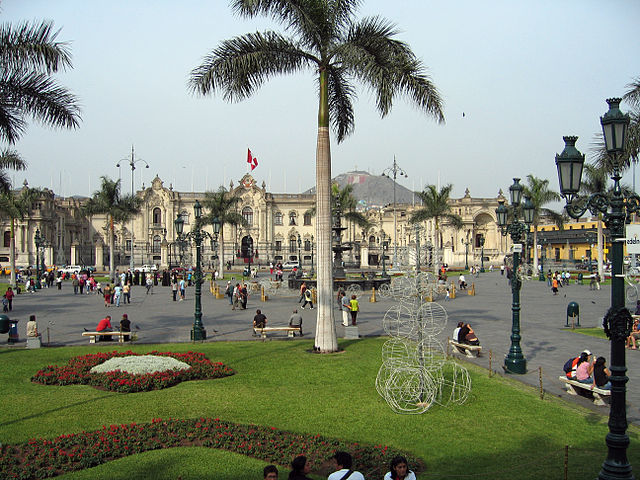On Monday, July 3, 2023, the Banco Central de Chile (Chile’s Central Bank) released the May 2023 monthly index of economic activity, known as Imacec. According to preliminary information, May witnessed a 2.0% drop compared to the same month in the previous year. The seasonally adjusted series fell by 0.5% compared to the previous month and 2.2% over the span of twelve months. It is worth noting that May 2023 had the same number of working days as May 2022.
The decline in the Imacec index for the year was primarily attributed to a decrease in mining activity, followed by a decline in trade. When analyzing the seasonally adjusted figures, it becomes evident that the performance of the mining industry played a significant role in the overall fall of the Imacec index.
Examining the non-mining Imacec, there was a 1.1% drop over twelve months, but no change was observed from the previous month.
To gain a more comprehensive understanding of the Imacec’s performance, let’s delve into an analysis of the different economic activities:
Goods Production: The production of goods experienced a significant decline of 2.7%, primarily driven by a 7.5% drop in the mining sector. Additionally, the manufacturing industry also experienced a decrease of 0.8%. However, the category of other goods saw a slight increase of 1.0%.
In terms of seasonally adjusted figures, the production of goods contracted by 1.6% compared to the previous month. This contraction was mainly influenced by a 3.5% decline in mining activity. Meanwhile, the manufacturing industry fell by 0.9%, and the other goods category witnessed a modest increase of 0.3%.
Trade: Commercial activity in Chile observed a notable 4.2% drop in annual terms. All components of trade contributed to this decline, with retail experiencing the most significant impact. Lower sales in supermarkets, department stores, and establishments specializing in clothing and foodstuffs were the primary drivers of the retail sector’s decline.
However, when examining the seasonally adjusted figures, a 0.3% rise was observed compared to the previous month. This increase can be attributed to motor-vehicle sales and retail activity, although it was partially offset by a decline in wholesale trade.
Services: The services sector did not show any significant variation as entrepreneurial and personal services rose by the same magnitude as transportation services fell. The de-seasonalized figures demonstrated a marginal 0.1% increase from the previous month.
From a perspective of economic freedom, these economic indicators provide insights into the interplay between market forces, government policies, and external factors. This perspective emphasizes the importance of individual freedom, free markets, and limited government intervention in promoting economic prosperity.
The decline in mining activity highlights the risks associated with relying heavily on a single industry for economic growth. A diversified economy, with multiple industries thriving and competing, can be more resilient and less vulnerable to shocks. An environment that encourages entrepreneurship, innovation, and the development of competitive industries is crucial for sustainable economic growth.
The drop in trade, particularly in the retail sector, suggests a decrease in consumer demand. To address this issue, policymakers should focus on creating an enabling environment that encourages business growth, reduces regulatory burdens, and ensures that property rights are protected.
The analysis of services reveals a mixed picture, with some subsectors experiencing growth while others face decline. Embracing market-oriented approaches that minimize government interference can lead to efficient resource allocation and better services for consumers.
In conclusion, the Imacec figures for May 2023 provide valuable insights into Chile’s economic performance from a perspective that emphasizes economic freedom. The decline in mining and trade underscores the need for economic diversification and the promotion of entrepreneurship and competition across various industries. By fostering an environment that prioritizes individual freedom, free markets, and limited government intervention, Chile can strive towards sustainable economic growth and prosperity for its citizens.










